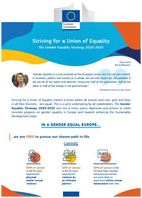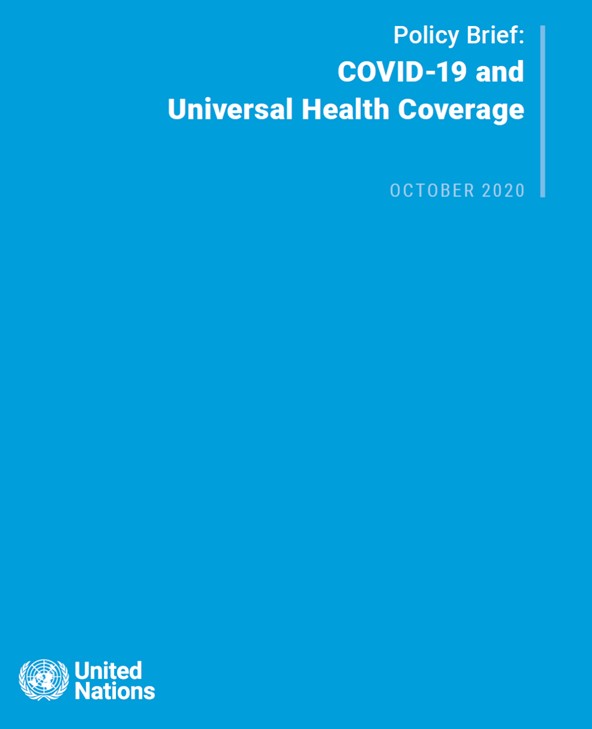Striving for a European Union of Equality: The Gender Equality Strategy 2020-2025
Извор: WUNRN – 16.02.2020

Concrete actions for equality 2020-2025
No EU Member State has so far achieved equality between women and men. The progress is slow while gender gaps persist in employment, pay, care and pensions. To bridge those gaps and allow Europe to reach its full potential in business, politics and society, the strategy outlines a set of key actions including: ending gender-based violence and stereotypes; ensuring equal participation and opportunities in the labour market, including equal pay; and achieving gender-balance in decision-making and politics.
1. In the EU 33% of women were subjected to physical and/or sexual violence, while 55% were sexually harassed. Women in Europe must be free from violence and harmful stereotypes. To achieve this, the Strategy calls for legal measures to criminalise violence against women. The Commission intends in particular to extend the areas of crime where harmonisation is possible across Europe to specific forms of violence against women, including sexual harassment, abuse of women and female genital mutilation. In addition, the Commission will propose the Digital Services Act to clarify what measures are expected from platforms to address illegal activities online, including online violence targeting women
2. Women in the EU earn on average 16% less than men and they still experience barriers to access and remain at the labour market. Gender equality is an essential condition for an innovative, competitive and thriving European economy. Given demographic challenges and green and digital transitions, supporting women to find jobs in sectors with skills shortages, in particular technology and AI sectors, will have a positive impact on Europe’s economy. To address the unequal pay the Commission launches today a public consultation on pay transparency and will table binding measures by the end of 2020. To allow women to thrive in the labour market, the Commission will also redouble efforts to enforce EU standards on work-life balance to enable real choice for women and men to develop equally both personally and professionally. Gender equality in context of labour market, social inclusion and education dimensions, will continue to be monitored through the European Semester.
3. Women remain underrepresented in leading positions, including EU’s largest companies where only 8% of CEOs are women. To let women lead in business, among others, the Commission will push for the adoption of the 2012 proposal for gender balance on corporate boards. The Commission will also promote women’s participation in politics, including in the 2024 European Parliament elections, including through funding and sharing best practice. To lead by example, the Commission will strive to reach gender balance of 50% at all levels of its management by the end of 2024.
European Commission – https://ec.europa.eu/commission/presscorner/detail/en/IP_20_358
Direct Link to Full 3-Page Publication:



